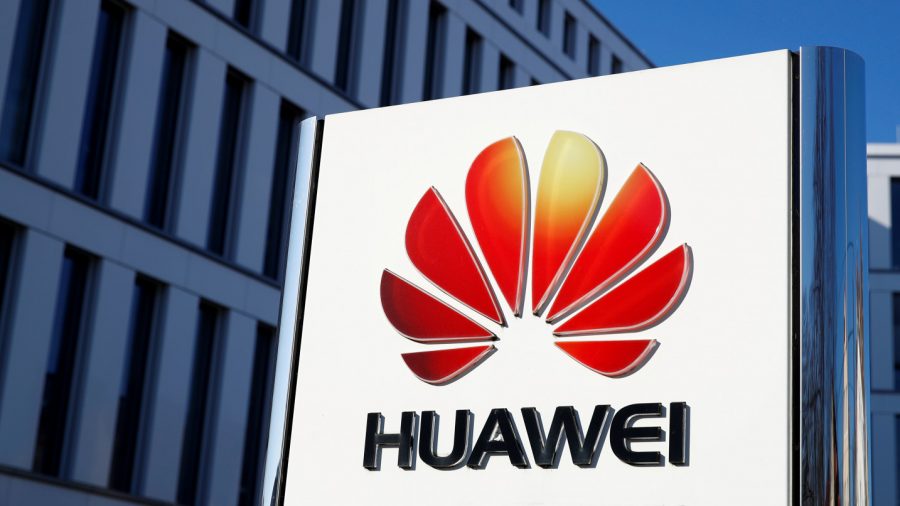The U.S. government on May 21 temporarily eased some trade restrictions imposed last week on China’s Huawei, a move that sought to minimize disruption for the telecom company’s customers around the world.
The U.S. Commerce Department will allow Huawei Technologies Co Ltd to purchase American-made goods in order to maintain existing networks and provide software updates to existing Huawei handsets.
The company is still prohibited from buying American parts and components to manufacture new products without license approvals that likely will be denied.
The U.S. government said it imposed the restrictions because of Huawei’s involvement in activities contrary to national security or foreign policy interests.
The new authorization is intended to give telecommunications operators that rely on Huawei equipment time to make other arrangements, U.S. Secretary of Commerce Wilbur Ross said in a statement.
“In short, this license will allow operations to continue for existing Huawei mobile phone users and rural broadband networks,” Ross added.
The license, which is in effect until Aug. 19, suggests changes to Huawei’s supply chain may have immediate, far-reaching and unintended consequences for its customers.
“The goal seems to be to prevent internet, computer and cell phone systems from crashing,” said Washington lawyer Kevin Wolf, a former Commerce Department official. “This is not a capitulation. This is housekeeping.”
Huawei, the world’s largest telecommunications equipment maker, declined to comment.
The Commerce Department said it will evaluate whether to extend the exemptions beyond 90 days.
On Thursday, the U.S. Commerce Department added Huawei and 68 entities to an export blacklist that makes it nearly impossible for the Chinese company to purchase goods made in the United States.
The government tied Huawei’s addition to the “entity list” to a pending case accusing the company of engaging in bank fraud to obtain embargoed U.S. goods and services in Iran and move money out of the country via the international banking system. Huawei has pleaded not guilty.
Reuters reported Sunday that Alphabet Inc.’s Google suspended business with Huawei that requires the transfer of hardware, software and technical services except those publicly available via open source licensing, citing a source familiar with the matter.
Google did not immediately respond to a request for comment on the new authorization.
Out of $70 billion Huawei spent buying components in 2018, some $11 billion went to U.S. firms including Qualcomm Inc, Intel Corp, and Micron Technology Inc.
The move also could assist mobile service providers in thinly populated areas of the United States, such as Wyoming and eastern Oregon, that purchased network equipment from Huawei in recent years.
A report on Monday on the potential impact of stringent export controls on technologies found that U.S. firms could lose up to $56.3 billion in export sales over five years.
The report, from the Information Technology & Innovation Foundation, said the missed opportunities threatened as many as 74,000 jobs.
Wolf, the former Commerce official, said the Huawei reprieve was similar to action taken by the department in July to prevent systems from crashing after the U.S. sanctioned China’s ZTE Corp, a smaller Huawei rival.
The ban on ZTE was lifted July 13 after the company struck an agreement with the U.S. Commerce Department that included a $1 billion fine plus $400 million in escrow, a replacement of its board of directors and senior management, and to have a compliance team assembled by the U.S. Commerce Department embedded in its operations. ZTE, which had ceased major operations as a result of the ban, then resumed business.
“Today, BIS is imposing the largest penalty it has ever levied and requiring that ZTE adopt unprecedented compliance measures,” Ross said in a statement at the time. “We will closely monitor ZTE’s behavior. If they commit any further violations, we would again be able to deny them access to U.S. technology as well as collect the additional $400 million in escrow.”
ZTE had previously violated U.S. sanctions on North Korea and Iran.


